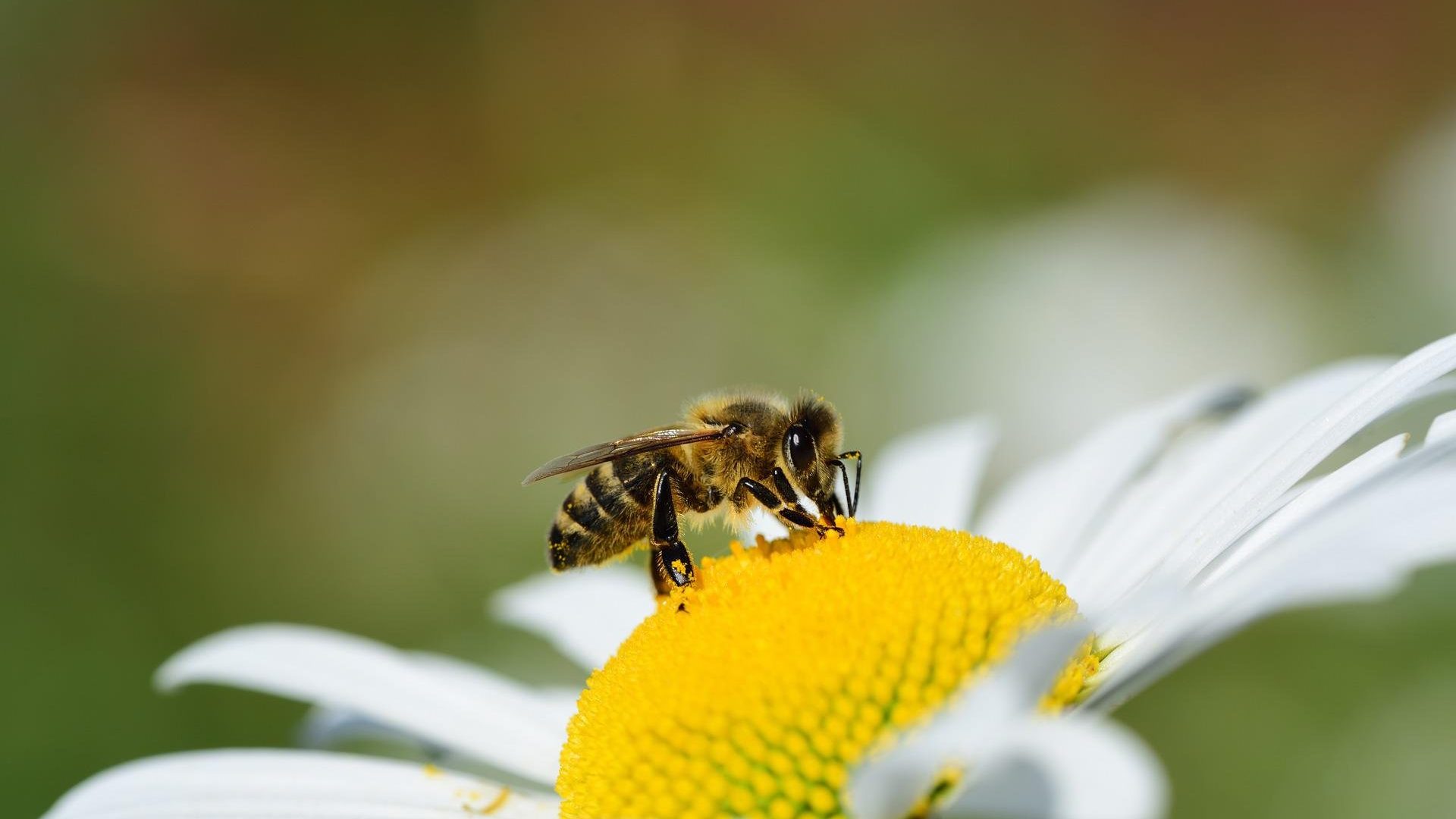The government is calling on the public to help boost bee, butterfly and pollinator populations using a free app for counting the creatures at home.
The app, FIT Count, allows users to track the number and movements of pollinators in their local area, with the resulting data used to help protect and increase their numbers.
It comes as the government launches its new “pollinator action plan” to reverse severe declines in the number of bees, butterflies and other insects.
In May, a study by insect charity Buglife revealed that insect populations have nosedived by as much as 60 per cent in Britain in the last 20 years, sounding alarm bells over the potential collapse of the wider ecosystem.
FIT Count, developed by the Department of Environment and Rural Affairs (Defra) in conjunction with the UK Centre for Ecology & Hydrology, asks users to spend ten minutes a day collecting data on how many insects visit particular kinds of flowers, like dandelions and buttercups.
The data will be collated in a database to give the government and conservation bodies a clearer picture of the state of insect populations and decline across the UK.





